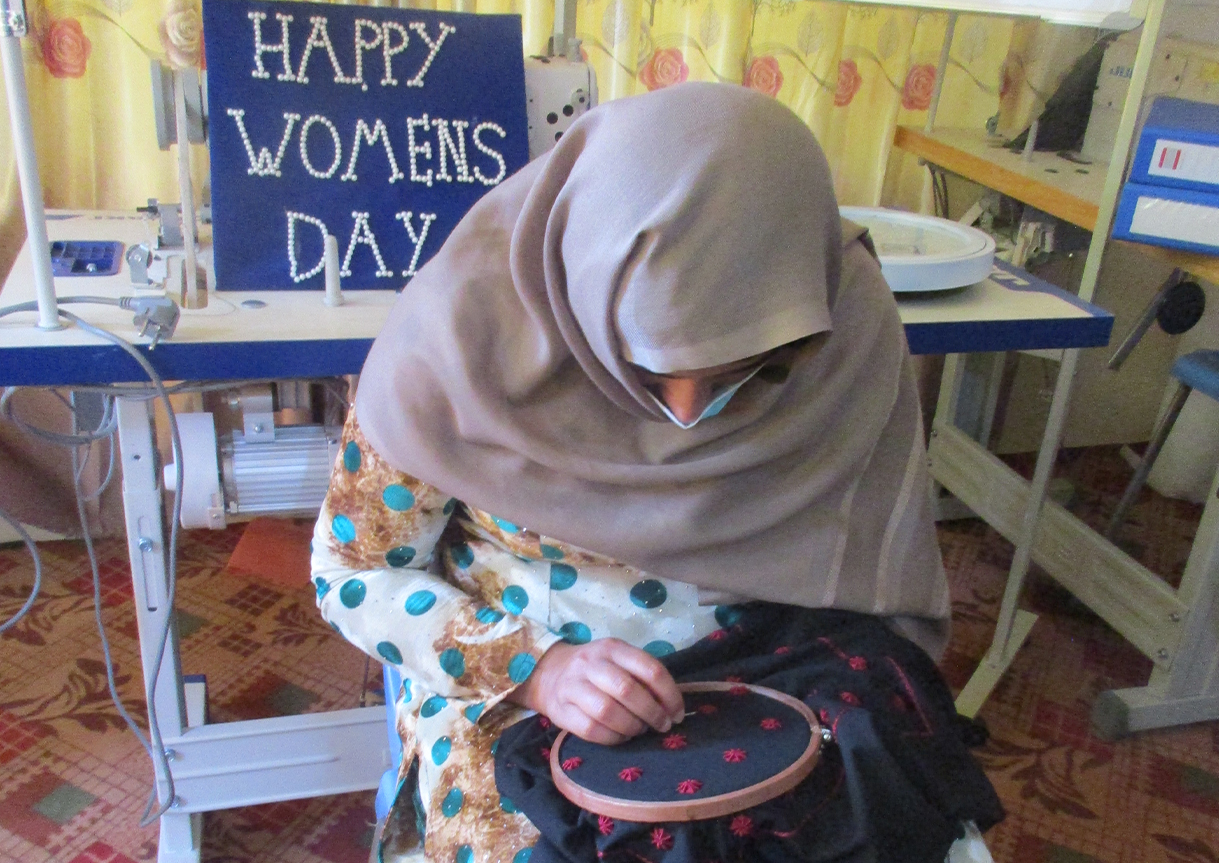key focus areas and activities:
- Women’s Empowerment: WHO focuses on creating opportunities for Afghan women to become economically independent and self-sufficient. They provide vocational training, skill development programs, and support for women entrepreneurs to start their own businesses. By empowering women economically, WHO aims to enhance their social status and enable them to contribute effectively to their families and communities.
- Education: Recognizing the importance of education in breaking the cycle of poverty and empowering individuals, WHO invests in educational initiatives. They work to improve access to quality education for girls and women, especially in underserved areas. This includes building schools, providing scholarships, and implementing programs to promote literacy and lifelong learning.
- Humanitarian Assistance: In a country like Afghanistan, which has faced years of conflict and instability, humanitarian assistance is crucial. WHO engages in various humanitarian projects to provide relief to vulnerable populations affected by natural disasters, conflict, or displacement. This may involve distributing food and essential supplies, offering medical assistance, and supporting refugees and internally displaced persons
- Child Protection: WHO is committed to safeguarding the rights and well-being of children in Afghanistan. They work to prevent child labor, exploitation, and abuse by raising awareness, advocating for policy changes, and providing support services to vulnerable children and their families. Additionally, WHO collaborates with government agencies and other organizations to strengthen child protection systems and ensure that children have access to education, healthcare, and a safe environment to grow and thrive.

